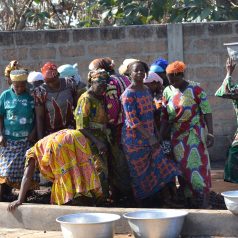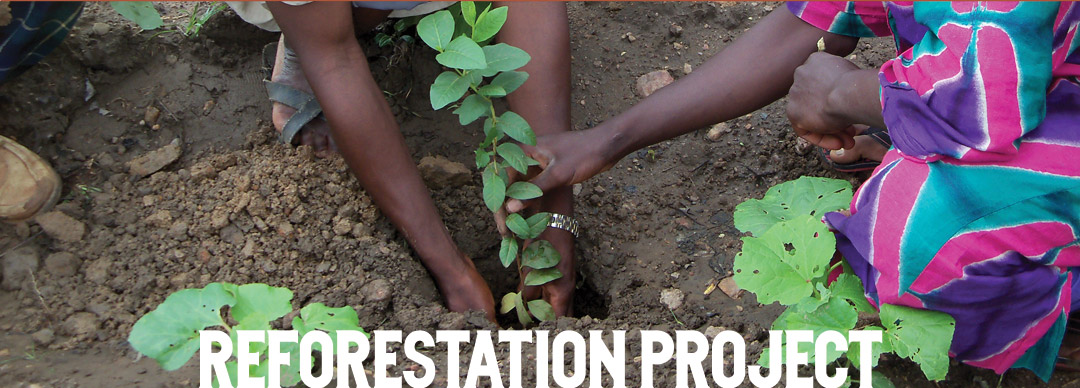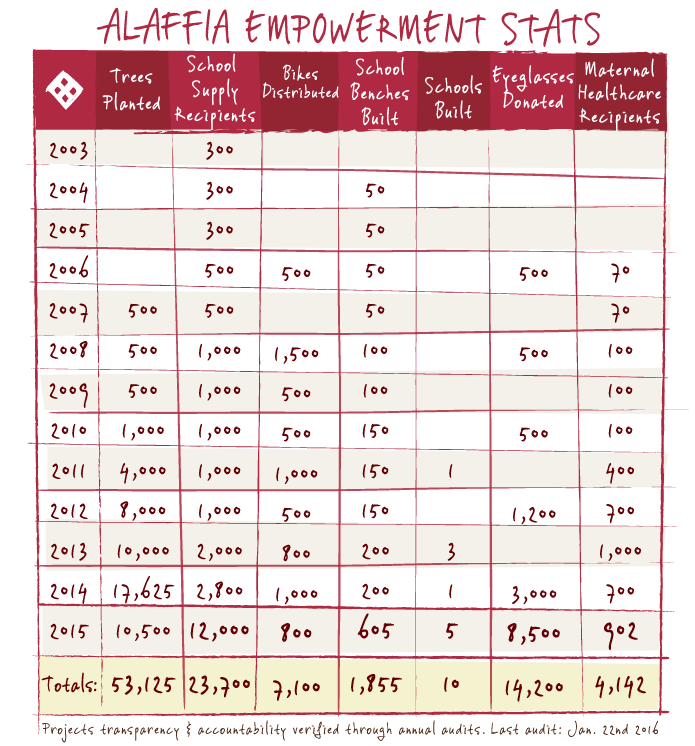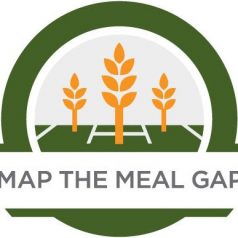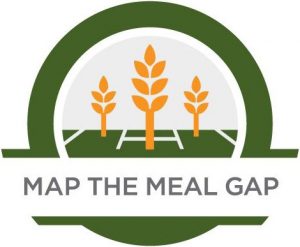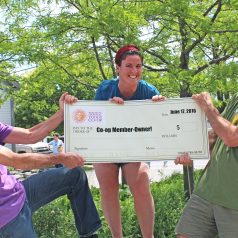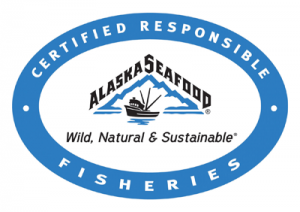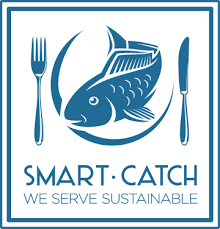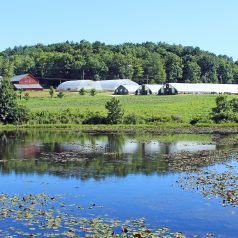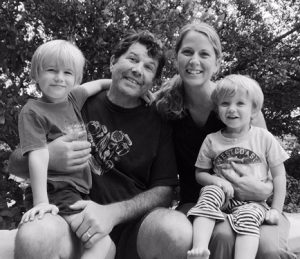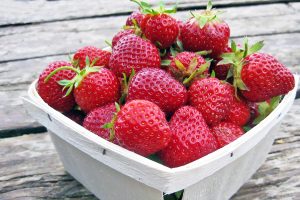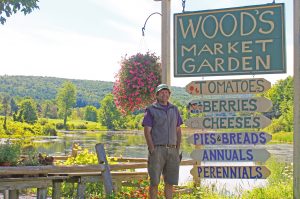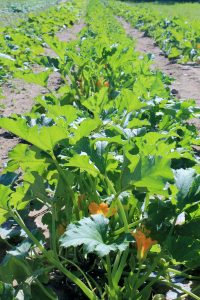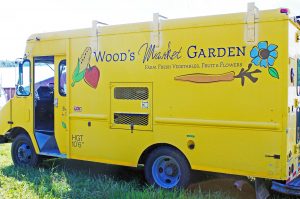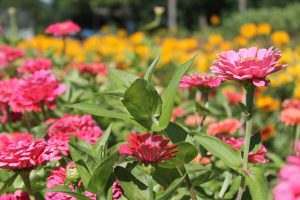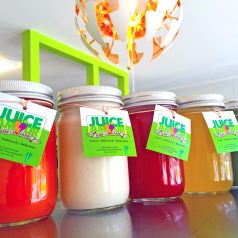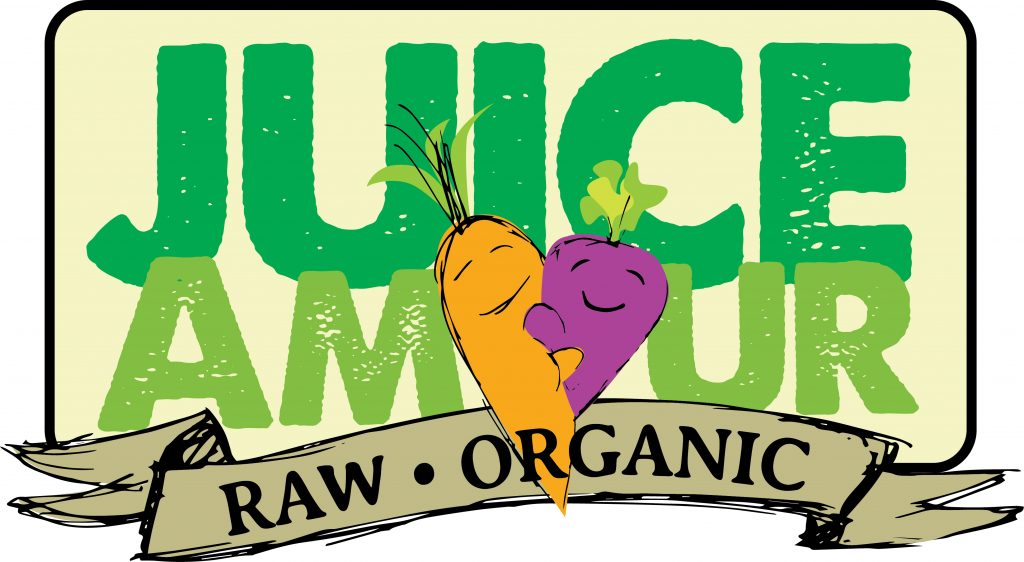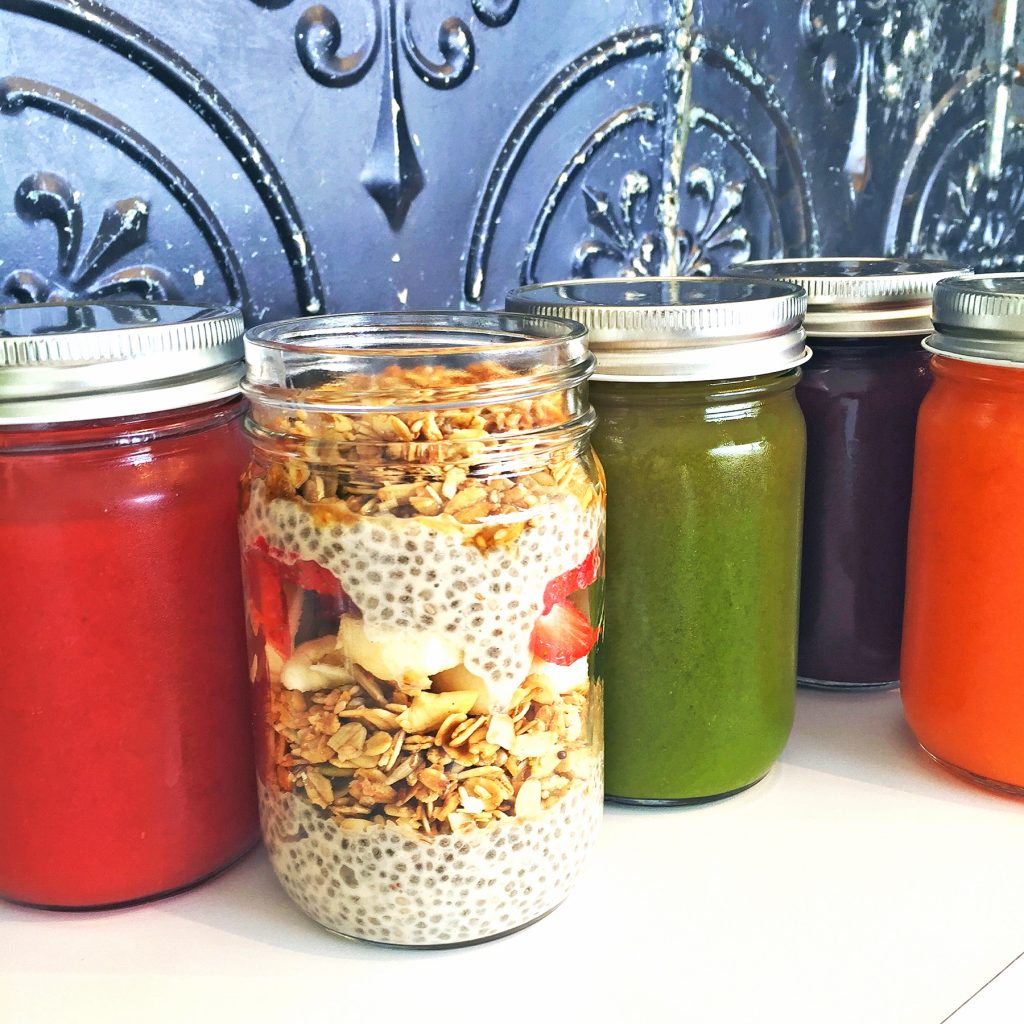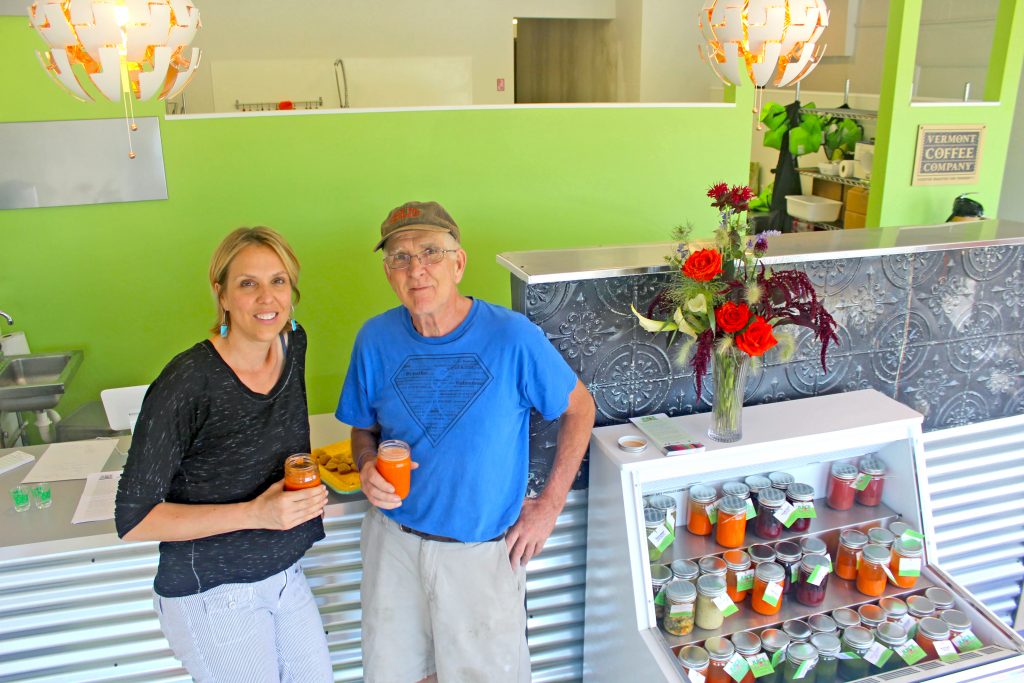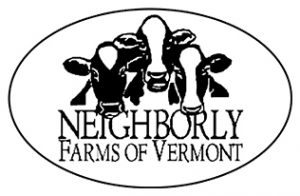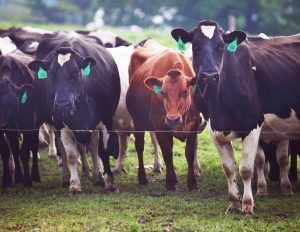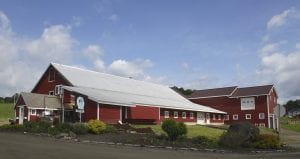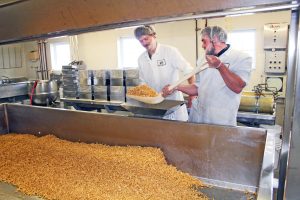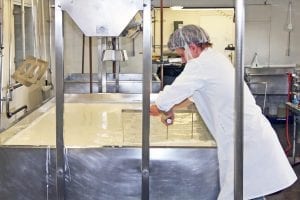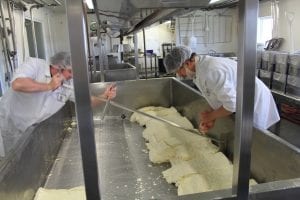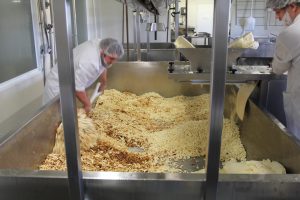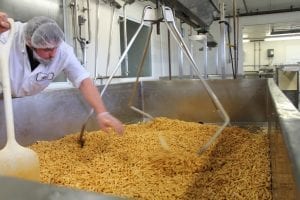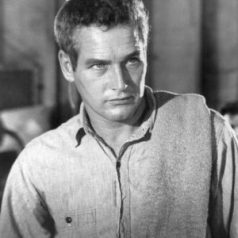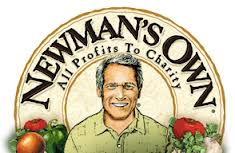
Tour de Farms Gearing Up for 10th Annual Ride August 6th – Pre-registration closes July 28th
BRISTOL, Vt. –The 10th annual Tour de Farms, one of Vermont’s oldest biking and tasting tours of working farms, is in the final stages of preparation for Sunday, August 6th in Bristol, Vt.
The Tour will start at 8:30 a.m. and end at 4:00 p.m. at the Rec Club Field, next to Mt. Abraham High School. The route will feature nine farm stops and 31 farms, food producers and restaurants, including the Bobcat Café and Mary’s at Baldwin Creek, collaborating to provide riders with fresh samples of the summer’s bounty.
The 2017 Tour will make stops at Four Hills Farm, Vermont Tree Goods, Olivia’s Croutons, Smith Family Farm, Boyer’s Orchards, the Monkton Farmers Market, Last Resort Farm, Layn Farm and New Leaf Organics. A Farm Van will enable riders to purchase products directly from the farms without having to worry about how they’ll get them back to their car.
The ride will conclude with a celebratory after-party featuring live music by blues roots band, Left Eye Jump, dancing, Bristol’s Farmhouse ice cream, Fuego’s grilled local meat tacos and Lucky Star’s local vegetarian delights as well as local craft beverage producers, Shacksbury Hard Cider, Hogback Brewing, All Times Sparkling Cider and Huntington River Winery.
“The Tour is one of Vermont’s most unique and loved local food and farm experiences,” said Jonathan Corcoran, ACORN’s Executive Director and Tour co-founder. “Over 3,500 people have ridden the Tour to date. For the first timein ten years, we’re working with the Vermont Department of Tourism and Marketing to share the Tour with riders across New England, New York and Quebec. We are capping registration at 400 riders.”
The Tour de Farms is a rain or shine event. More details can be found at www.acornvt.org/tourdefarms. Advance registration is at https://www.bikereg.com/ and will close on July 28 at 5:00 p.m. The advance registration fee is $60 for adults and $35 for students and kids under 18. The on-site registration fee the day of the event is $75 for adults and $50 for students and kids.
The Tour is not possible without the support of 50-60 community volunteers who register riders, serve food at farms, photograph the Tour or ride as safety marshals. The link to sign-up is: www.signupgenius.com/go/30e0a4aadad2ba5f85-2017
The 2017 Tour is generously sponsored by Earl’s Cyclery and Fitness, AARP Vermont, All Times Sparkling Cider, City Market, Community Bank NA, IPJ Real Estate, Langrock, Sperry & Wool, and Skinny Pancake. Earl’s Cyclery will provide two support vans for cyclists. Frog Hollow Bikes will offer mechanical prep at the start.
###
ACORN (Addison County Relocalization Network) is a 501(c)(3) non-profit community organization based in Middlebury, Vt. Its mission is to promote the growth and health of local food and agriculture in Vermont’s Champlain Valley. ACORN is working with growers, schools, businesses and community and statewide partners to double the consumption of locally-grown food by 2020. For more information, go to http://www.acornvt.org/.
TOUR DE FARMS: The Tour is ACORN’s top fundraiser of the year, and 25 percent of the proceeds from advanced registration go to participating farms on the Tour. The 2016 Tour was recently featured on Vermont PBS:http://www.vermontpbs.org/clip/4299.

